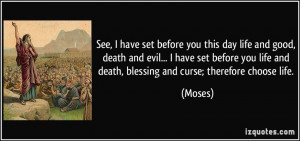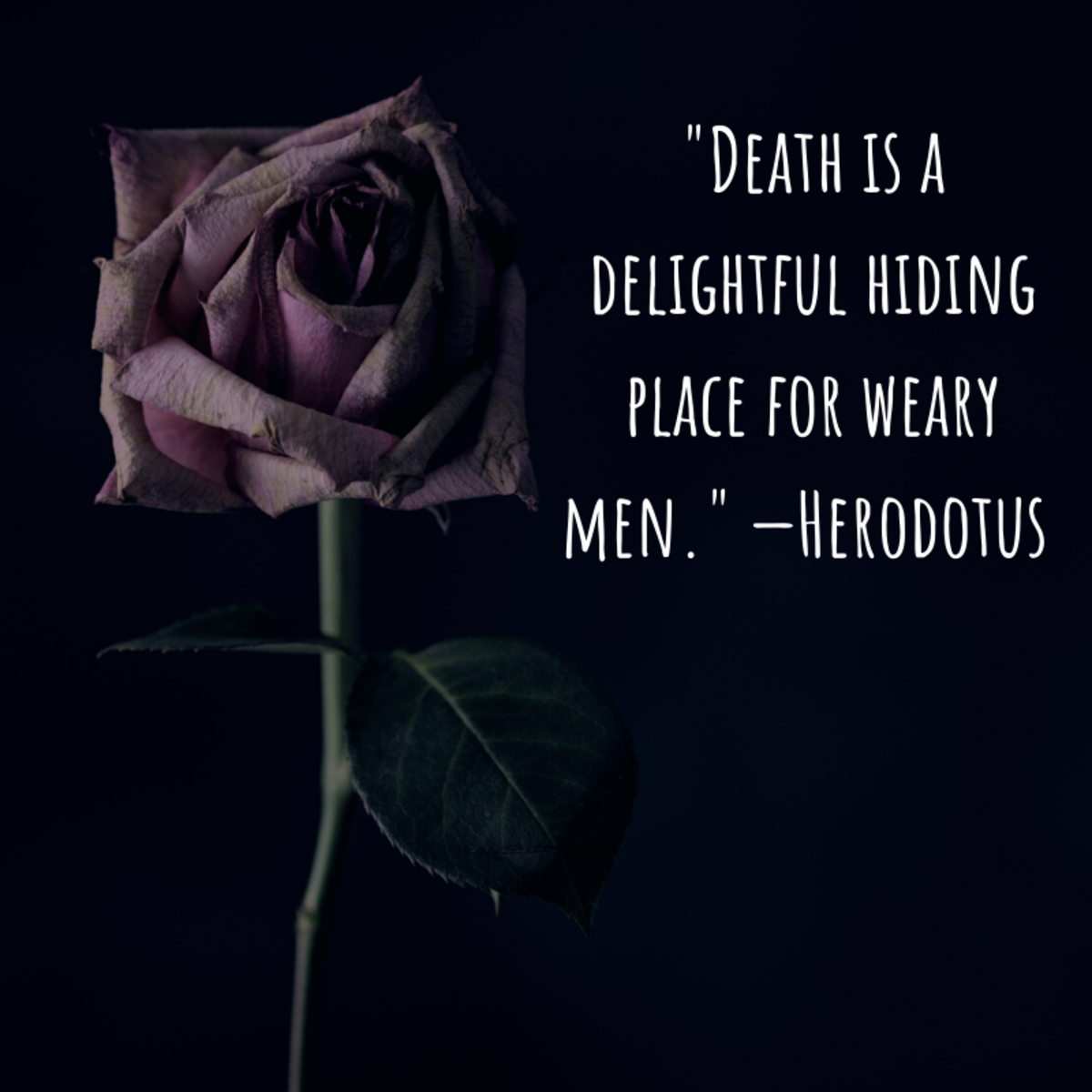
When someone is acutely grieving they may be experiencing symptoms very similar to depression, and depressed people often have a hard time imagining a future where things are better. I’m not interested in anyone else.Īgain, projecting into the future is useless. Not only this, it may make the parent feel guilty about devaluing their other children.Ī griever thinks: I just lost the person I planned to spend the rest of my life with. Comments like these take away from the importance of the child who died and the loss. Out of desperation to find a silver lining we end up grasping onto whatever we can think of, but often times it’s better to say nothing. “At least you have other children” or “You can always have more children"Ī griever thinks: I know I still have my other children, but I lost THIS child. What's worse is that for many people, this initial pain is deeply connected to the person who died and starting to heal will feel like they are forgetting or 'moving on.' But when someone is in the unimaginably deep, dark hole of grief, they just want you to acknowledge the pain. Realistically, things probably will get easier. Instead, it's about things that aren't helpful to say. Remember, this list is not about things that aren't true. After losing my dad I heard this all the time and I remember thinking, he is supposed to be here-there is no better place.Ī griever thinks: That seems impossible or I don’t want to forget the person I love. Though many people find comfort in the belief their loved one is in a better place, immediately following a loss is not always the right time to say it. There may come a time, in the future, where you share your personal history with loss as a way of saying, "Though I don't understand your pain, I understand that loss is terrible." However, sharing this information right off the bat risks the other person feeling as though you are (1) comparing your losses or (2) making things about you.Ī griever thinks : Who cares!? I want him/her to be here. And, at this moment, it's likely your loved one cannot imagine anyone understands the complex web of thoughts and emotions they are caught in. So, therefore, you do not know how they feel. BUT your loss is unique to you, just as your friend's loss is unique to them. I know, I know-you've experienced loss too-and that does help you have compassion for another person experiencing loss. You know your loved one, so it's up to you to be the judge of what is appropriate to say and when.

That said, these are only guidelines, not hard and fast rules. Beyond this, there are a few phrases and statements we recommend you not say after a death.

Hopefully, if you do this, your loved one will see that you care. All we can do is suggest that you chose simple, thoughtful, caring words and speak them with compassion. We wish we could tell you the "right" thing to say, but we can't. So, the potential to say the 'wrong thing' does exist. I'm sorry to say well-intentioned people say the wrong thing all the time, and grieving people are not always in the best place to see the good intention behind the comment.

Unfortunately, though, most people who've experienced a loss can come up with at least 1 or 2 examples of something someone said to them after their loved one's death that did make them feel alienated, misunderstood, sad or angry. No one wants to add to the pain of someone who's already grieving or, worse, make them angry. What supportive friends and family most want to do is make things better. Finding the "right" words to say to someone who's grieving can be incredibly difficult (why do you think Hallmark is so successful?). And sadly, people aren't walking Hallmark cards. So often, people find themselves stressing about saying the right thing to a friend or family member who has experienced loss. The question of what to say to someone after a death is more common than you realize.


 0 kommentar(er)
0 kommentar(er)
